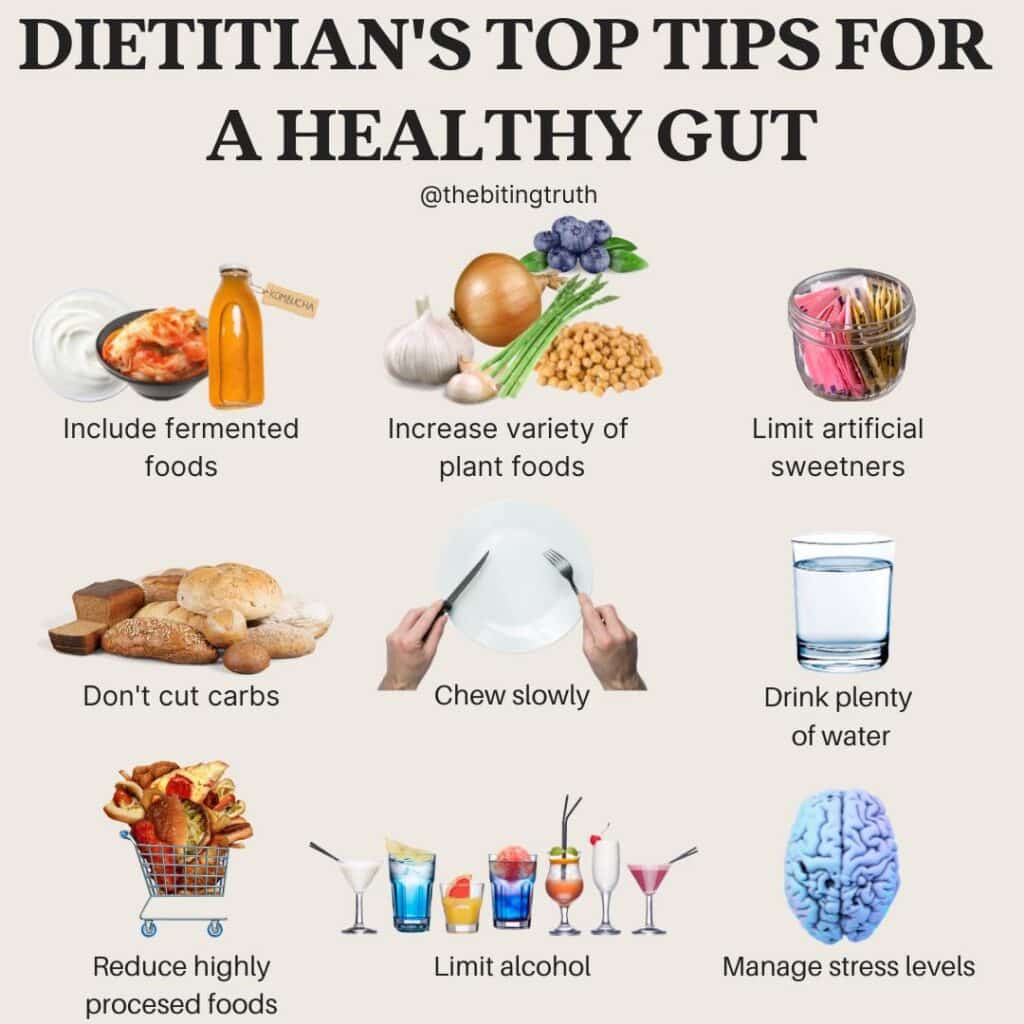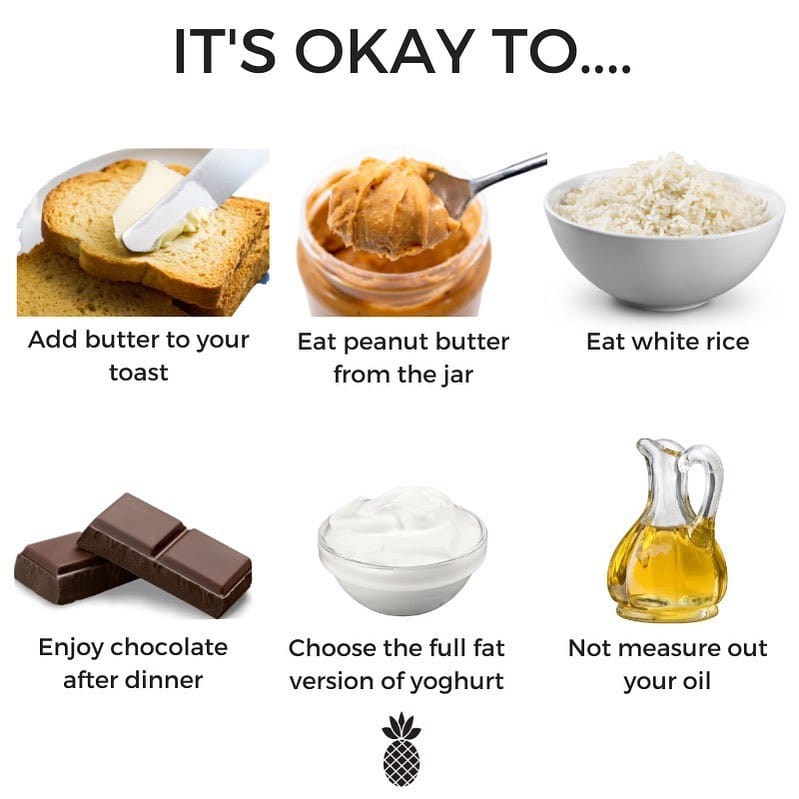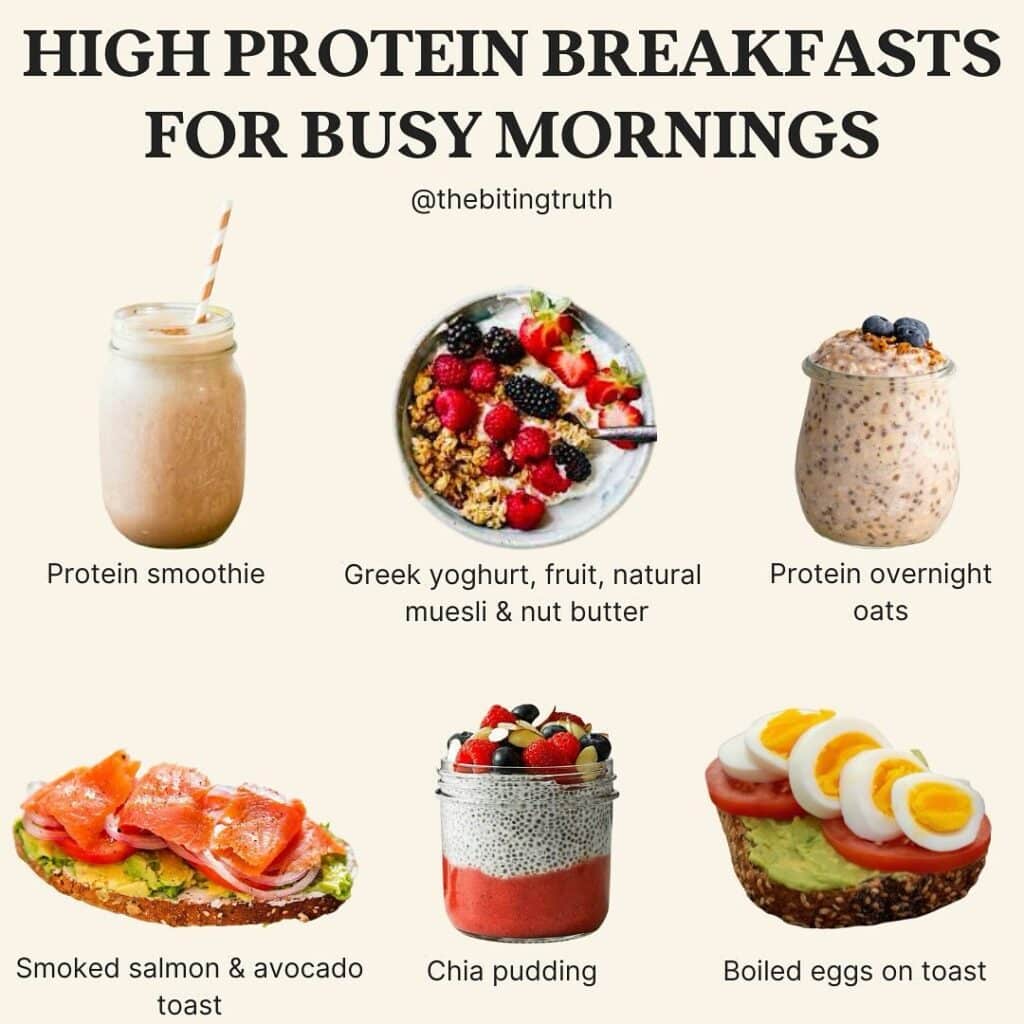Free shipping for orders over $80
Free shipping for orders over $80
We like to refer to the digestive system as the body’s wellness centre. It’s not just responsible for breaking down food into essential nutrients and delivering them through your bloodstream; it’s also home to trillions of bacteria, primarily in your large intestine, that are crucial to your overall health. These gut bacteria influence a range of functions including your immune system, sleep patterns, energy levels, weight, and appetite. In fact, about 70% of your immune system is housed in your gut, underscoring its significant impact on your immune health.
Poor gut health doesn’t just lead to discomfort like bloating or constipation; it can also affect conditions such as diabetes, autoimmune disorders, arthritis, and even depression. Sometimes, issues that seem unrelated, like eczema, might actually trace back to gut health.
Discover these 5 simple steps you can start today to enhance your gut health and feel your best.
There are hundreds of species of bacteria in your intestines. Each species plays a different role in your health and requires different nutrients for growth. Prebiotics are a type of dietary fibre that pass through the body undigested, acting as food for the good bacteria in your gut. They help to stimulate the growth and survival of good bacteria and discourage the growth of other harmful bacteria. A diet consisting of different prebiotic foods can lead to a diverse range of gut bacteria, which is beneficial for your health. The recommended fibre intake for adult is 30g per day. Learn more about why fibre is so important for gut health in this episode of The Biting Truth Podcast.
Good sources of prebiotics include:
Polyphenols are naturally-occurring compounds found in plants. Many of these plants make up our food supply, including fruits, vegetables, coffee, tea and wine. Once eaten, only about 5-10% of polyphenols are directly absorbed in the small intestine – the rest make their way to your large bowel, where they are broken down by gut bacteria. These breakdown metabolites have a range of important physiological effects. Polyphenols can also help support the growth of friendly bacteria and inhibit the growth of harmful bacteria which can lead to a diverse healthy microbiome.
Good sources of polyphenols include:
Probiotics are live ‘friendly bacteria’ that are good for our health, especially our digestive system. They are naturally found in the body, but can also be found in some foods and supplements. They act to reduce the number of harmful bacteria in the gut, thereby improving overall health. They can help to combat bloating, gas and discomfort caused by overgrowth of yeasts or “bad” bacteria. Fermented foods, particularly plain, natural yoghurt, can benefit your gut health but increasing the abundance of friendly bacteria.
Good food sources of probiotics:
Omega-3 fatty acids are essential fatty acids, which means that although we need them to stay healthy, the human body cannot produce them on its own – so we have to get them from food. They have been linked to a range of health benefits – from lowering inflammation to improving your mood. Now, a recent study suggests omega-3s might also be responsible for better gut health, helping to keep gut microbiota diverse and healthy.
Good sources of Omega 3 fatty acids include:
It may not come as a surprise but staying hydrated is essential for optimal digestion and overall health. Fibre, (particularly prebiotic fibres) are important for gut health, however, in order for this type of fibre to do its job, adequate water is required. Drinking insufficient water slows down your digestive system significantly and results in harder stools that are more difficult to pass. Aim to consume at least 1.2-2 litres (6-8 glasses of water) each day for optimal hydration and gut health benefits.
Your gut health is extremely important to your overall health. The best way to maintain a healthy gut is to eat a range of fresh, whole foods and ensure you get loads of plant-based foods such as vegetables, fruits, legumes, beans and wholegrains.
—






